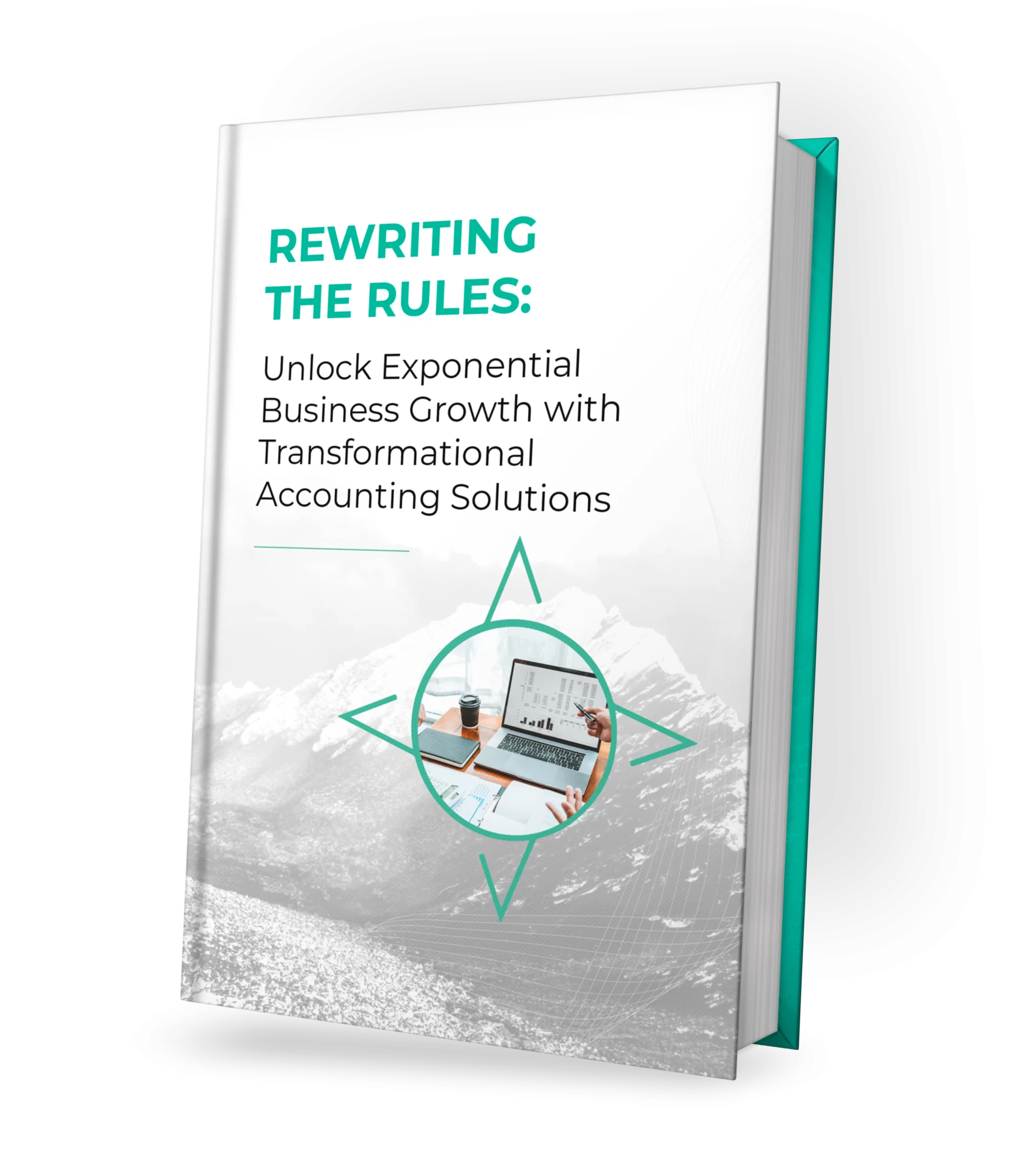What Type of Capital is Right For Your Business?
One of the most common mistakes startups make is rushing into fundraising without considering what type of capital they really need. The most obvious or most attainable source might be wrong for the company’s long-term objectives. Make sure you’re pursuing the right type of capital by exploring the pros and cons of each kind:
Working Capital
Measured by subtracting current liabilities from current assets, working capital indicates the amount of liquid capital on hand. Companies use this type of capital to cover short-term debts (within one year) such as operating expenses, labor costs, and accounts payable.
Having lots of working capital on hand helps insulate a startup from cash flow issues and the unhappy employees, customers, or vendors that result from those. But too much working capital may suggest a startup isn’t investing in growth.
Few early-stage companies can fund their growth on working capital alone. However, before considering outside capital, it is important to consider your sources and uses of working capital and how it will impact your goals before considering.
Debt Capital
Startups can acquire capital by borrowing it from private or government sources. Debt capital traditionally comes from institutional lenders, but startups may turn to friends and family, online lenders, or even credit cards for funding.
The advantage of debt capital is that startups can access large sums for major expenditures, or access quick funding sources to keep up with operational costs. Founders also don’t have to give up ownership. The disadvantage is that debt must be repaid in a timely manner with interest included, which can put pressure on cash flows.
In general, debt capital works for businesses with established revenue streams and predictable cash flows. Early startups still proving their business model may want to avoid debt – but there are exceptions.
Equity Capital
Trading funding for a stake in the company is known as equity capital. Sources include venture capitalists, angel investors, crowdsourcing, and institutional funding rounds.
Equity capital can help startups with an innovative but unproven business model find enough funding for rapid growth. However, investors will expect to recoup a return on their investment eventually. And as equity owners, they can influence the direction of the company. Equity capital can come with loss of control.
This type of capital can be a good option for startups that see the potential (or requirement) for fast growth. It can also be an option when the other types of funding aren’t available or aren’t adequate.
Developing a Capital Strategy
The right type of capital for your startup depends on dozens of factors and likely involves multiple sources. That is to say, developing a capital strategy isn’t easy. Instead of allowing fundraising to become a misguided or all-consuming effort, partner with advisors who can fine-tune a capital strategy for maximum success. Proseer helps startups turn ambitious goals into realistic plans. Contact us to put your capital strategy on the right course.

